FibroGen has staked another claim to market for a new class of oral therapies for anemia associated with chronic kidney disease (CKD), after reporting a positive phase 3 trial.
Roxadustat—currently leading the pack in the hypoxia-inducible factor (HIF) stabilizer category—met its objectives in the ALPS study, the first of three late-stage European studies being conducted by FibroGen’s partner Astellas.
The drug outperformed placebo in its ability to boost hemoglobin (Hb) levels, significantly improving the Hb response rate in the first 24 weeks after starting treatment in patients not requiring dialysis, and Hb change from baseline in weeks 28 to 52. Astellas, which also has trials ongoing in CKD patients on dialysis, said the study is another step toward filing and reimbursement of the drug in Europe.
FibroGen and its partners—which also include AstraZeneca in the U.S., China and some other markets—have previously reported positive phase 3 results outside Europe. The drug is already submitted for approval in China, with a U.S. filing expected in the first half of 2019 after a phase 3 data readout due later this year.
HIF stabilizers tackle anemia by stimulating the production of erythropoietin (EPO) in the body, which in turn boosts red blood cell numbers. At the moment, the mainstay of treatment for anemia in CKD is EPO replacement drugs that have to be given either intravenously or subcutaneously, which is not ideal for patients that don’t need dialysis.
Last year, AZ and FibroGen reported results from a study showing that roxadustat matched the efficacy of an EPO product over six months, and at the time analysts predicted that, if approved, sales could rise quickly to around $400 million by 2020 and top $2 billion at peak.
FibroGen is, however, racing with other HIF developers—notably GlaxoSmithKline with daprodustat, Bayer with molidustat and Akebia with vadadustat—to create a new category of oral drugs for renal anemia that are easier to administer and also potentially safer than EPO-based drugs, which are associated with an increased risk of CV events. There’s also a group of patients who don’t respond to EPO even at high doses.
"The ALPS study adds to the growing body of evidence to support roxadustat as a potential treatment of anemia associated with CKD," said Salim Mujais, M.D, Astellas’ senior VP and global therapeutic area head for medical specialties development.
"This condition can have a debilitating impact on the patients affected, and we look forward to continuing our work to potentially make a new therapeutic option available to the physicians who care for them," Mujais added.
-----------------------------------------------------------------------------
Editor's Note:
To apply for becoming a contributor of En-CPhI.cn,
welcome to send your CV and sample works to us,
Email: Julia.Zhang@ubmsinoexpo.com.





 ALL
ALL Pharma in China
Pharma in China Pharma Experts
Pharma Experts Market News
Market News Products Guide
Products Guide Brand Story
Brand Story



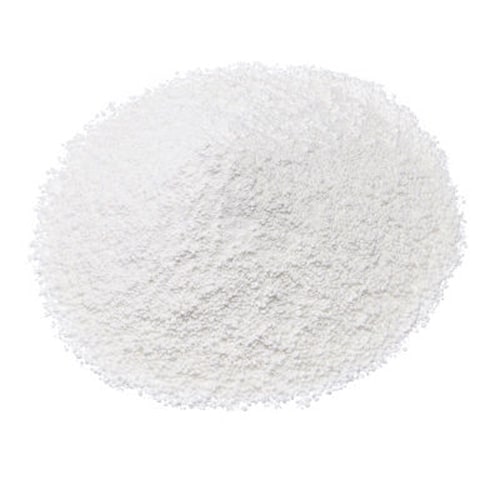
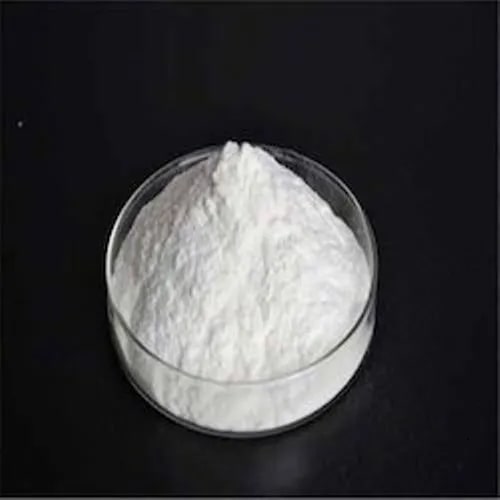
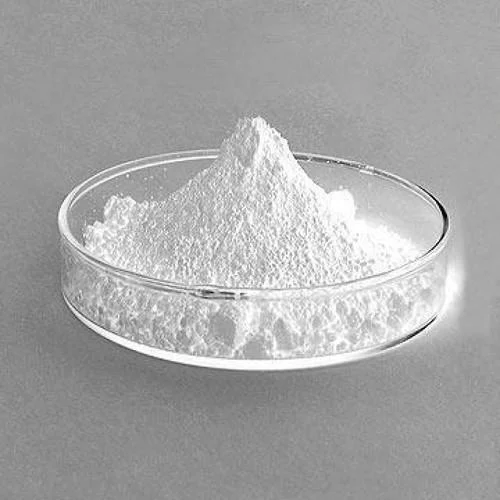












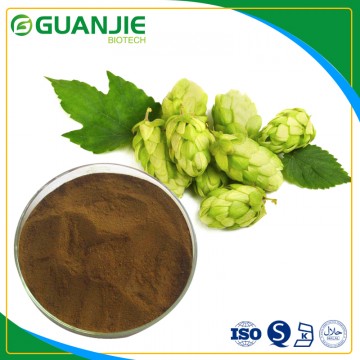
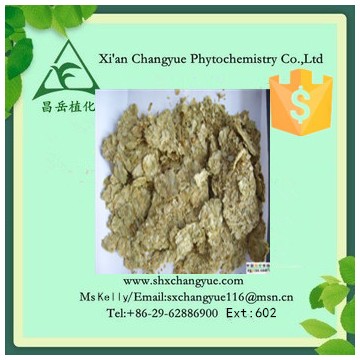
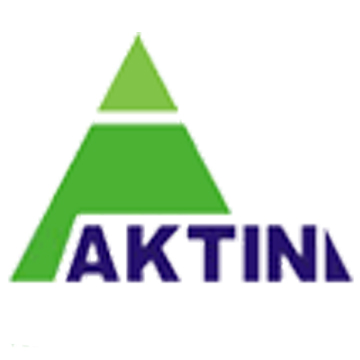
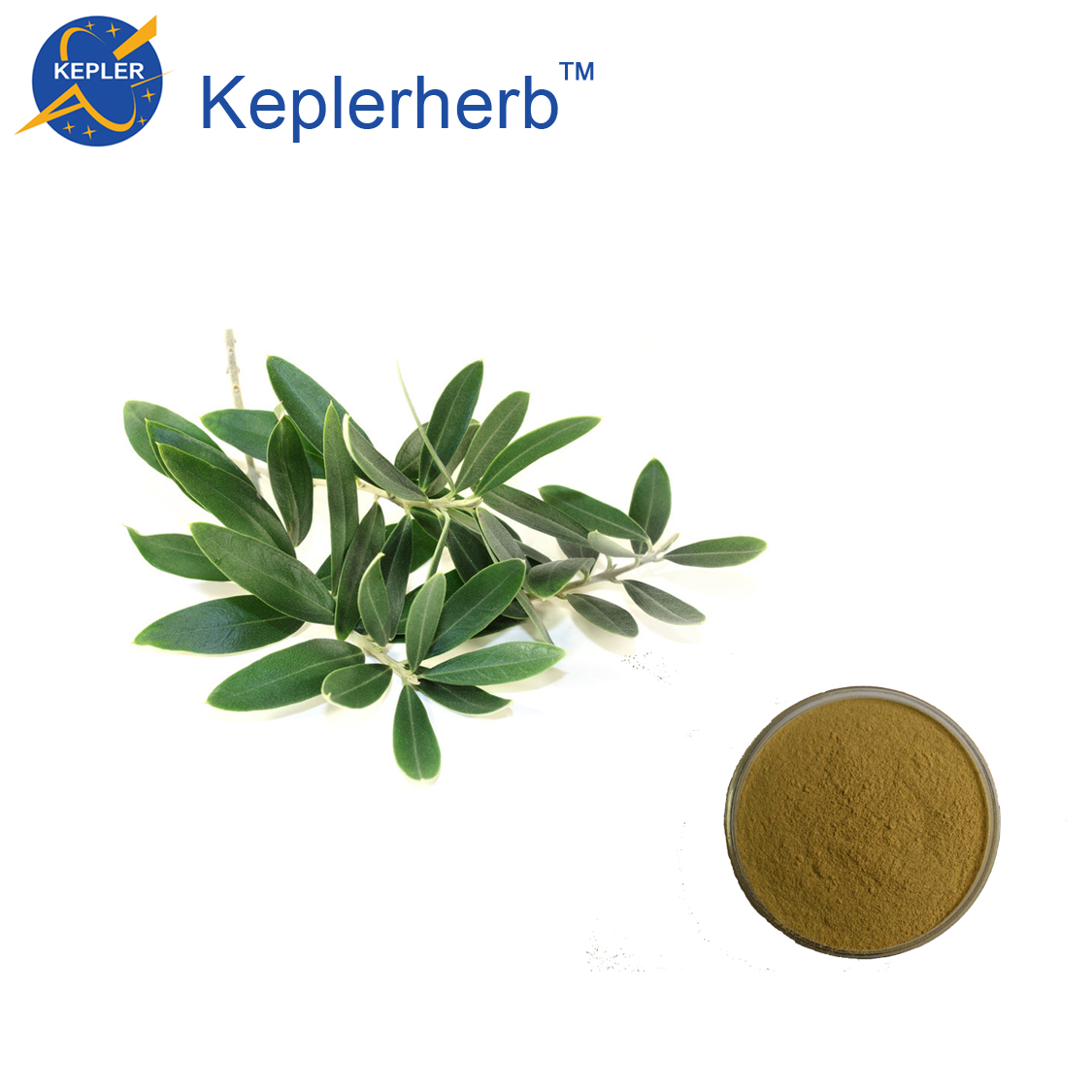
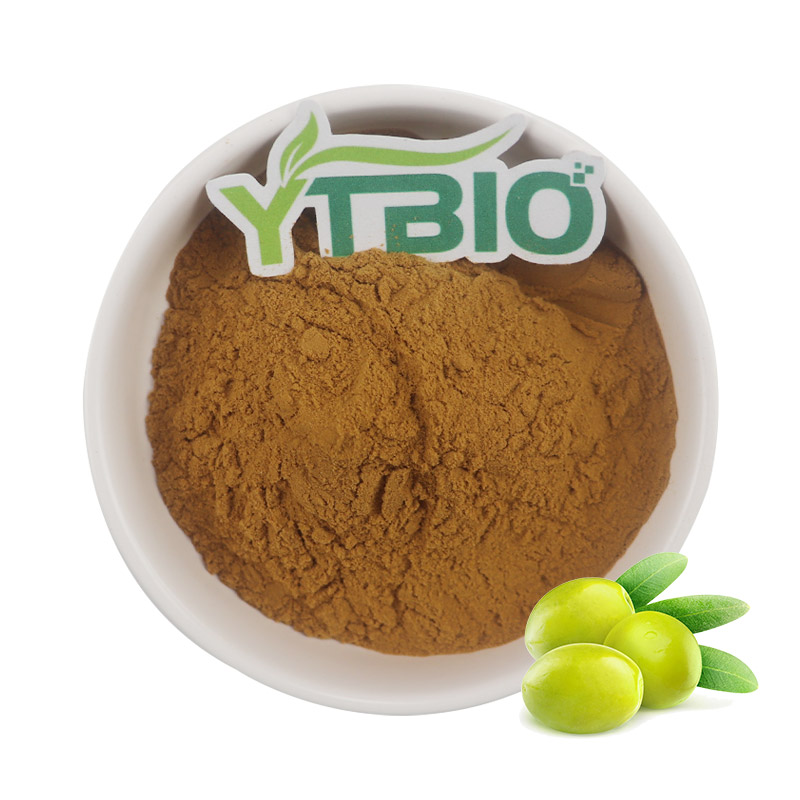

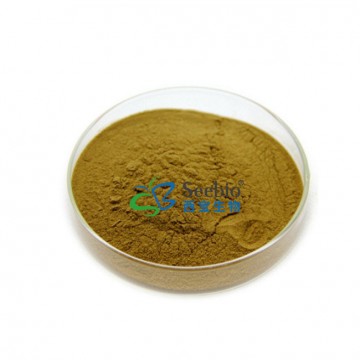
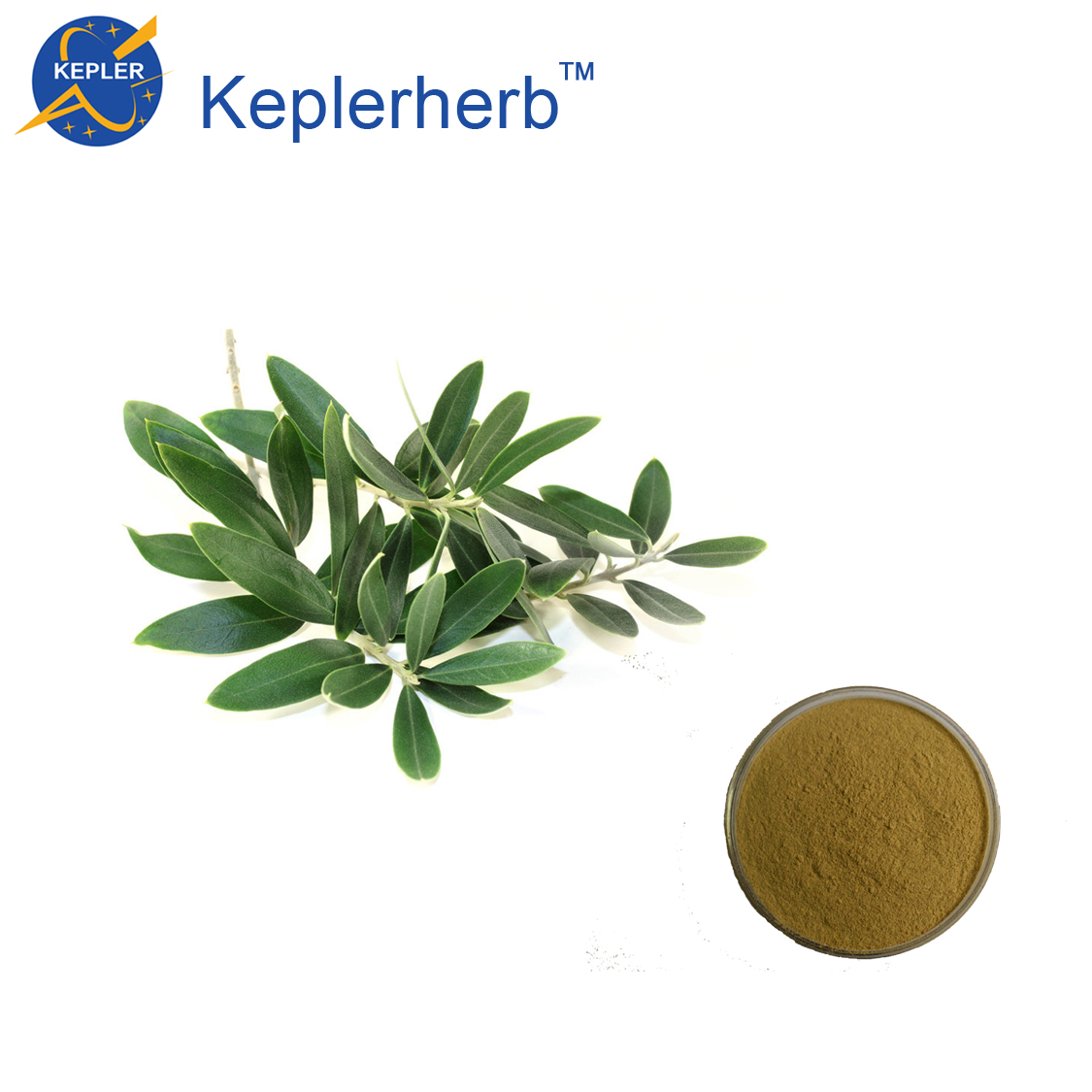
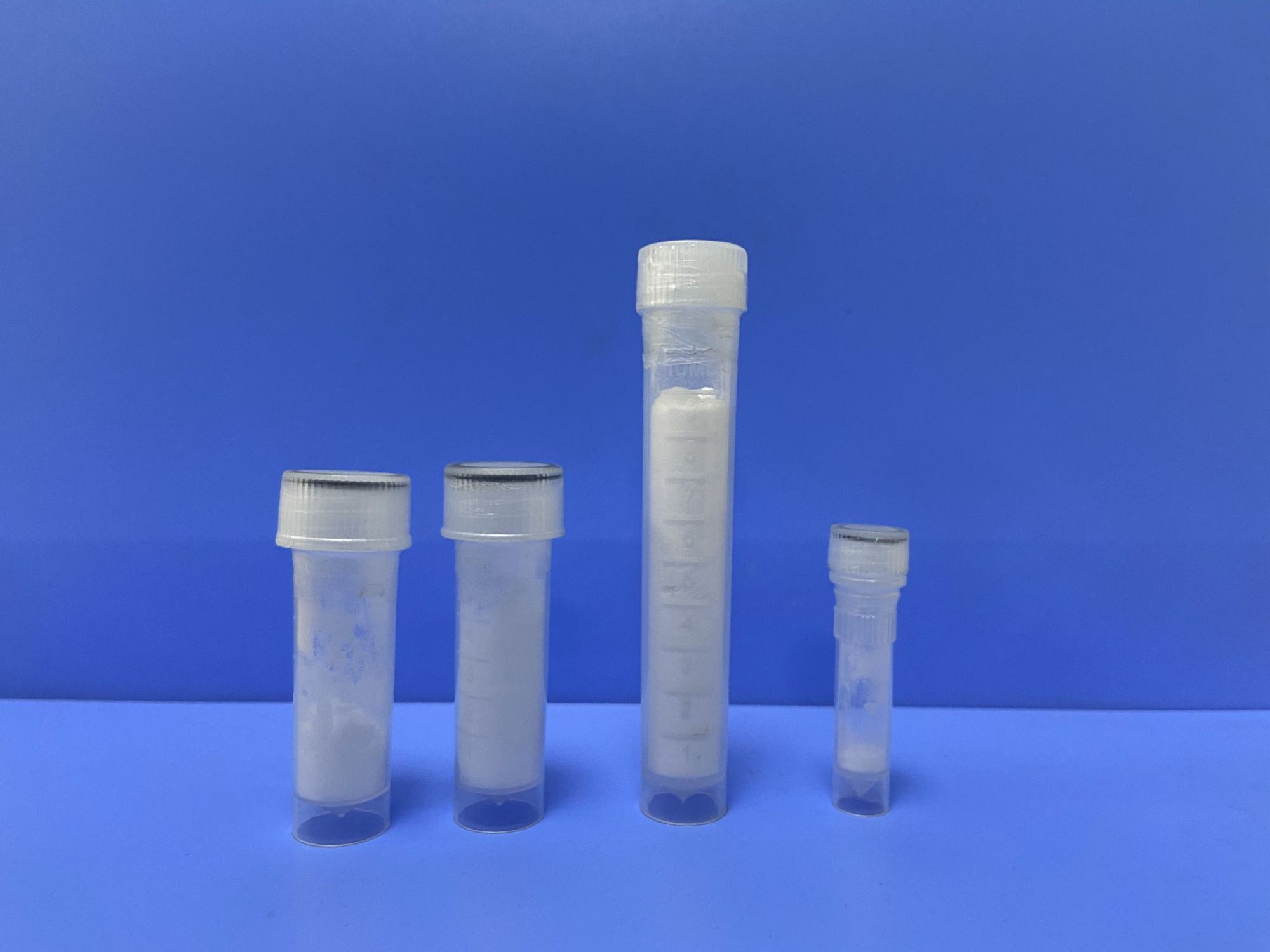






 Pharma Sources Insight January 2025
Pharma Sources Insight January 2025








